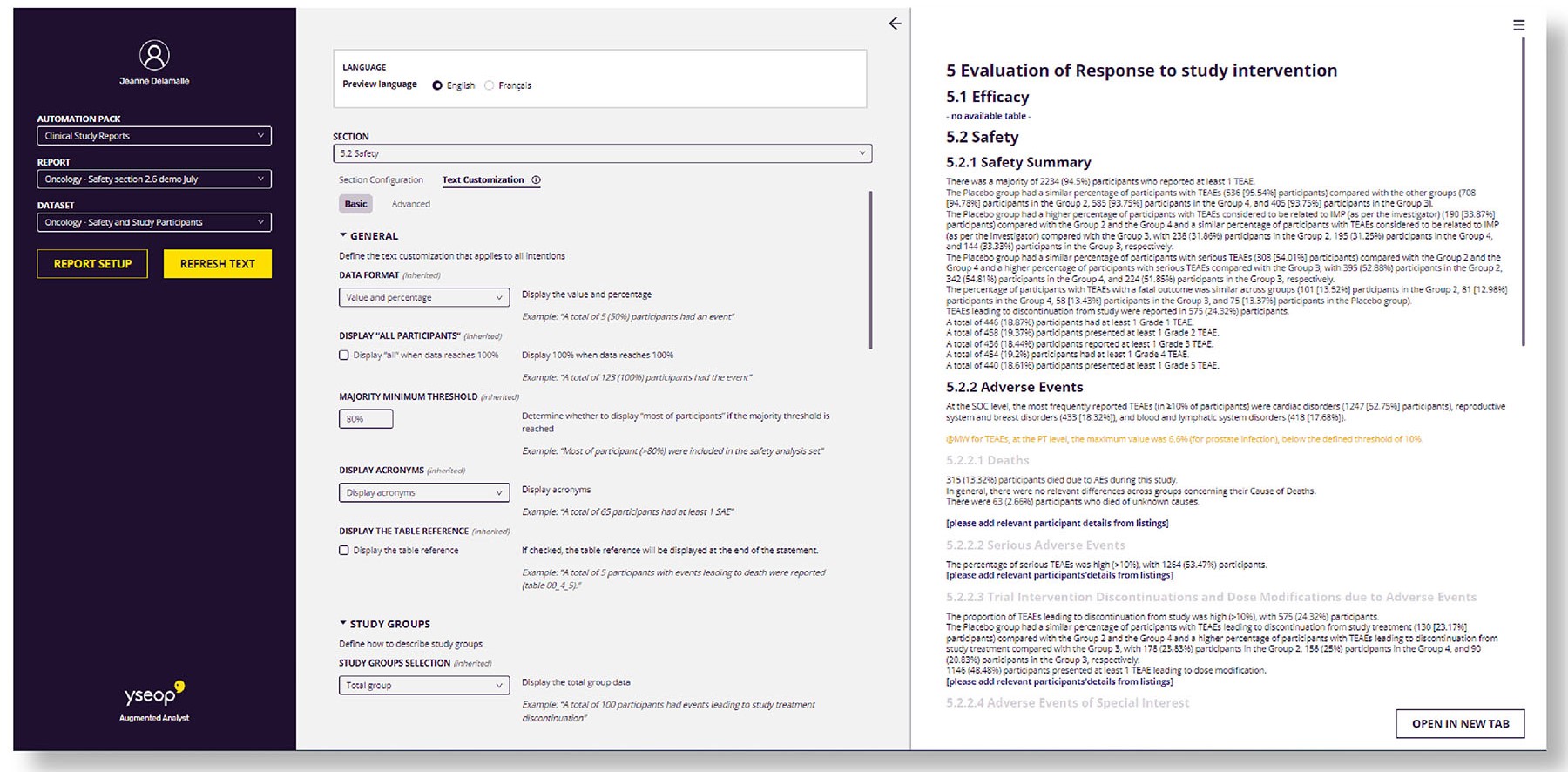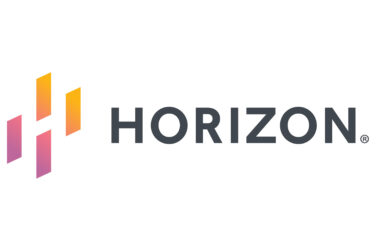Moderna Joins CEPI Pandemic Preparedness Mission
After making its debut in the pharma market during the COVID-19 pandemic, Moderna is preparing for the next pandemic. The pharma company has joined the Coalition for Epidemic Preparedness Innovations (CEPI) in a partnership that aims to shorten vaccine development timelines down to 100 days. The two companies are teaming up to figure out how to accelerate Moderna’s existing mRNA platform in identifying a vaccine for future viruses.
“Future outbreaks are inevitable, but another pandemic is not. Thanks to the scientific and technological innovations advanced during COVID-19, the world now has the tools and capabilities to prevent the next outbreak from spiraling into a global catastrophe,” said CEPI CEO Richard Hatchett, MD in a statement. “Chief among them is the now proven mRNA vaccine technology, which can be used to develop safe and effective vaccines with remarkable speed that can be rapidly manufactured at scale.”
Researchers funded by CEPI will identify novel AI-generated antigen designs for a range of viral families that are at the highest risk of causing the next pandemic, for which Moderna will quickly develop vaccine candidates for preclinical testing. This will help test multiple antigen designs while generating data on the performance of mRNA vaccine technology in regards to its ability to combat certain viral families.
A New Online Destination for HCPs
HealthCentral Corporation, operator of leading digital platforms that serve patients living with chronic illness, their care partners, and health professionals, has announced the newest addition to its suite of HCP support sites: MedCentral.
“HealthCentral has a long history of providing thoroughly researched, engaging content that informs and empowers people with serious illness to live well and thrive,” stated Steve Zatz, MD, Chairman and Chief Executive Officer of HealthCentral Corp. “We’re now leveraging our expertise in communicating with healthcare professionals to deliver essential information and practical tools to physicians and other healthcare providers to help them address the challenges faced by patients with chronic illness.”
MedCentral aims to close the information gaps for physicians treating patients with complex, chronic conditions including diabetes, COPD, and a range of autoimmune-mediated conditions with deeply researched content compiled by an experienced editorial staff. MedCentral is comprised of concise, easy-to-access information, relevant context, and real-world solutions that are applicable to their clinical practice. Personalized news scans ensure clinicians get the latest news, drug updates, and guideline analyses to support day-to-day practice, while roundtables, discussions, and podcasts offer perspectives on practice trends and innovations from leading community and academic thought-leaders. And by leveraging the power of AI, the site can deliver content that is customized to the physician’s specific interests and concerns. Additionally, MedCentral offers diversity topics and points of view to ensure clinicians find the support they need.
“Primary care physicians often spend more time with patients who have chronic and comorbid illnesses than do subspecialists,” stated MedCentral Editor-at-Large Alexa Mieses Malchuk, MD, MPH, FAAFP, a practicing family physician and district medical director at One Medical in Raleigh-Durham, NC. “MedCentral’s goal is to be their partner, both in caring for patients and in safeguarding their own well-being, while reflecting the specific challenges of varied practice settings, geographic regions, and needs of diverse patient communities.”
Startup Yseop Makes Strides in Generative AI

Yseop, a new leader in generative artificial intelligence (GenAI) for life sciences, has closed a strategic investment round during which it added Novartis to its impressive lineup of investors, which also includes Eli Lilly, Next Stage, and Wille Finance. The company’s technology has been included in over 150 clinical trials for pharmaceutical companies around the world, supporting advancements in new treatments, vaccines, and medicines.
Using its Natural Language Processing (NLP) technology that acts as a “copilot” for medical writers, Yseop is changing the way content automation solutions are delivered with a human-centric, AI platform. With its new funding, the company is developing a roadmap to an overall goal of automating the entire document process across pharma, from preclinical trials all the way through FDA approval. By automating parts of the clinical document landscape, such as the Clinical Study Report (CSR), Patient Narrative, and Summary Clinical Safety (SCS), Yseop is one of the first GenAI applications in production today for medical and regulatory writing.
“Our investors and clients understand the value Yseop brings by automating various aspects of medical writing and how impactful Generative AI capabilities can be when applied across all of life sciences,” said Emmanuel Walckenaer, CEO of Yseop. “This further strategic investment adds significant value to Yseop as we look to build out our Generative AI technology and scale it across pharma content development.”
The company’s enterprise software platform, Yseop Copilot, leverages pre-trained large language models (LLM) built for the biopharma industry. The system acts as a copilot for scientific writers, maximizing their efficiency and accuracy by generating reports and insights. Through its partnership with leading brands across pharma, Yseop is applying its GenAI-powered content automation platform that offers capabilities which could drastically speed up the clinical trial and drug approval process, ultimately getting life-saving pharmaceuticals to market faster.
AstraZeneca Launches New Company for Clinical Trial Improvement
AstraZeneca announced the launch of its new company Evinova, which is built to allow pharma and clinical research organizations (CROs) to pay to access its proven digital solutions for running clinical trials. With 300 employees, Evinova will operate in nine countries and offer companies access to the digital solutions it is already using across its clinical trials in various disease areas.
Offerings will include a platform that allows companies to offer both traditional and hybrid decentralized trial solutions that can collect data from medical devices or trial sites. Additionally, CROs will have access to a unified solution to conduct virtual visits that can involve the delivery of medicines to patients, telehealth appointments, and biological sample tracking. The platform is also described as having the ability to harness AI and machine learning to help companies design their own trials.
Evinova CEO Cristina Duran explained during the public company launch: “In a clinical trial, you can end up with six different apps and six different devices and it’s extremely complex for the patient, so we’ve really worked on how to simplify that.” She addressed concerns that releasing AstraZeneca’s clinical trial solutions would cost them an advantage in the market, stating: “My belief is that regulators do not want each pharma company to come with their own different solutions. So across the industry, we will go much faster together, rather than individually. That’s why it’s a good place to do it now.”








